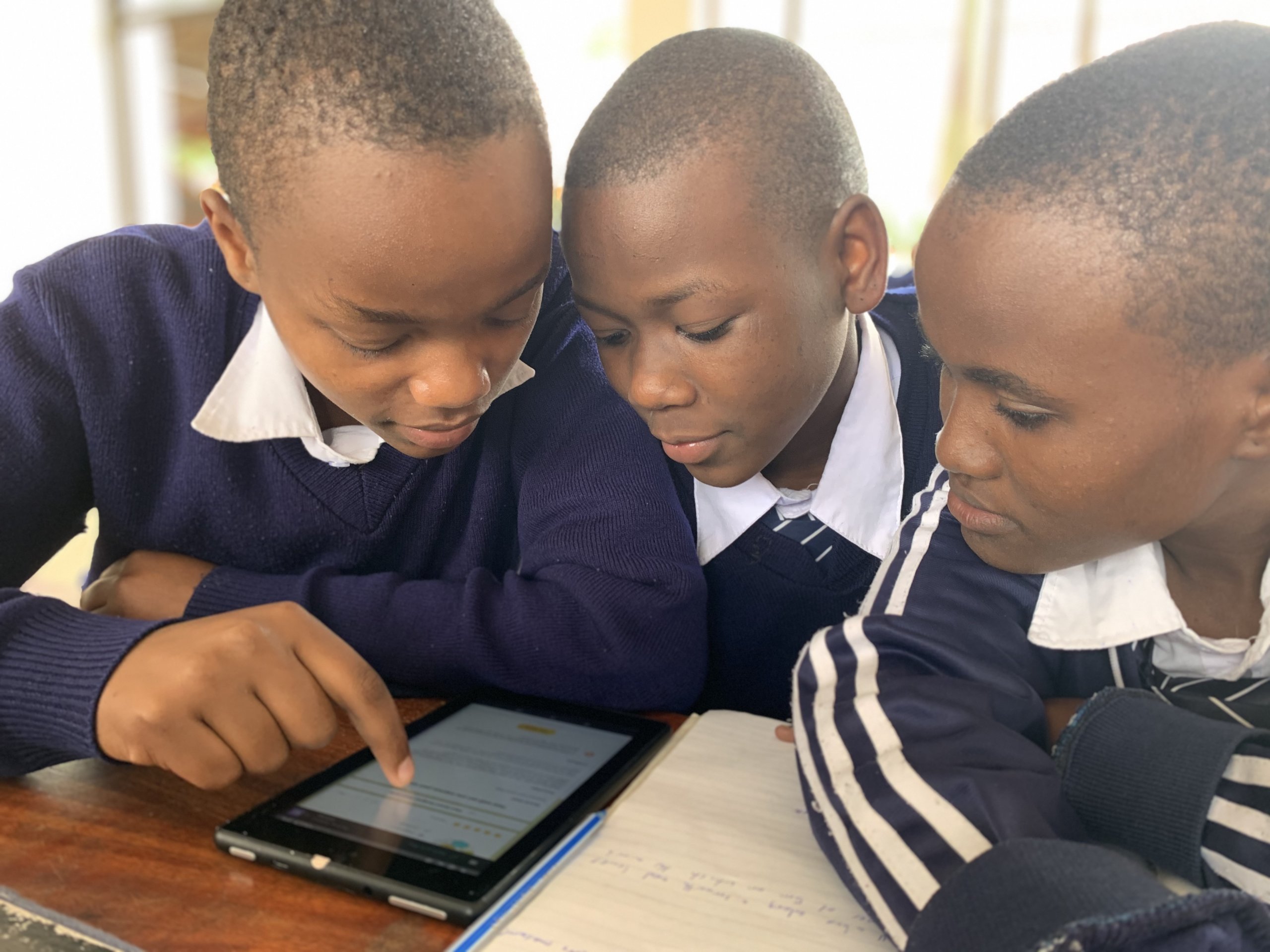10 Reasons Tanzanian Students Love Quest Forward Learning
This is my 2nd year as a mentor using Quest Forward Learning at Mtakuja Secondary School in Tanzania. Looking back on these past 2 years, I want to offer what I see as the top 10 reasons students love Quest Forward Learning.
1. Artifacts challenge learners to be creative.
Students make artifacts at the end of a quest to display and demonstrate what they have learned throughout the quest. These artifacts are of various types and they can take different forms and shapes. They can be a map, model, role-play, drawing, drama, mindmap, essay, presentation, picture, video—and the list goes on. No two artifacts are the same. And they always reflect the students’ thinking and creativity!

2. Varied resources accommodate unique learning styles.
Every student learns differently. That’s why every quest contains varied resources. These resources take different forms like a video, PowerPoint Presentation, document, audio file, or simulations. Learners enjoy using Quest Forward Learning because, unlike using just books, they are able to watch and/or listen to understand better. For example, in the quest Earth Movements, they can see how the Earth moves through a video and not just read about it as done in traditional classrooms.
3. Quest Forward Learning is engaging and playful.
Learning with Quest Forward Learning is fun! Making learning fun can be difficult, but it is also rewarding. When lessons are interactive and apply to real life, students are more likely to follow along and retain what they learn. As students are more engaged and have fun with lessons, it is exciting to see the positive impact on your students. There is a quest in Form Two Chemistry, Power and Energy, in which students are active and have fun making charcoal for an artifact.
4. Students build confidence.
Quest Forward Learning helps learners develop confidence. The artifacts created in the classroom are always presented by the learners who made it. Their presentations allow them to gain confidence by speaking and articulating their learnings publicly. Many learners believe they have become more confident because they have to discuss and explain their artifacts.
For example, during a gallery walk, learners explain and answer questions about their posters. The questions asked are always interesting, thoughtful, unexpected, and reflect the curiosity of the students. This leads to learners becoming quick thinkers who develop reasoning skills, and thus brings about confidence.
5. Students work and learn by collaborating.
Quest Forward Learning believes “we learn better together.” Students learn best by asking questions, discussing content, sharing ideas, and sharing what they know with the class. When a learner has a question, they go to their peer group for consideration first, and then a mentor. A Quest Forward teacher is not the primary source of knowledge/information. When students actively engage in the process of learning together to explore a subject, their critical thinking skills are also stimulated.

6. Quest Forward Learning strengthens English fluency.
In Tanzanian primary schools, the language of instruction is Kiswahili while English is one of the subjects. But in secondary school, English is the medium of instruction while Kiswahili becomes one of the 9 core subjects taught.For many learners who do not have a strong English foundation, they are at a disadvantage and have a hard time keeping up with their learning.
With Quest Forward Learning, learners practice their speaking skills throughout the class. In typical traditional classes, where students primarily listen to teachers, there is little to no time for meaningful interaction between students and with their teacher. This allows for their English comprehension to grow and develop confidence as they regularly discuss their class activities.
7. Teachers are engaged and active.
In traditional classrooms, teachers stand in the front and explain the concepts. In a Quest Forward Learning classroom, mentors rarely stand in front of the class to explain content. Teachers are always circulating around the classroom, listening and talking to learners individually or in small groups. This way, learners get answers to what they really need to know and not just general information that they may have already grasped.
8. Students are in control of their learning.
While educational models of the past focused on providing students with the requisite skills to turn them into skilled workers, Quest Forward Learning guides students to learn on their own. In doing so, this helps create a growth mindset that will serve these students for the rest of their lives. Students are able to learn on their own and their mentors are there to guide them in their learning.
9. Students are more mindful when using technology.
Technology helps make teaching and learning more active, meaningful and fun, but Quest Forward Learning students know how to use it critically. For example, when the quest’s description requires them to define a term, they first brainstorm and do not ‘Google’ for quick answers. They also know when to Google for things, like when they need more information from what was provided to them. Quest Forward learners are always curious and they know when to brainstorm for an idea, ask a peer or a mentor, consult a book, or search online.

10. Students are in charge of taking their own notes during class.
In traditional classes, teachers prepare notes for the learners and the teacher writes these notes on the blackboard. Learners in turn write the teacher’s notes in their notebooks. This means all the learners have similar notes with the same examples, and some of them were not relevant to them. Rather than think critically about what is essential, students in traditional classes write down the notes and try to simply memorize the notes for exams.
But Quest Forward Learning students think about and write what is relevant, and add any example as they see fit. Also, learners base their notes on other resources they use in class like books, websites, and questions and answers from the peers and the teacher. This empowers students to think critically about their subjects.
Read 10 Reasons I Love Being a Mentor to learn more about the Quest Forward Learning experience.
